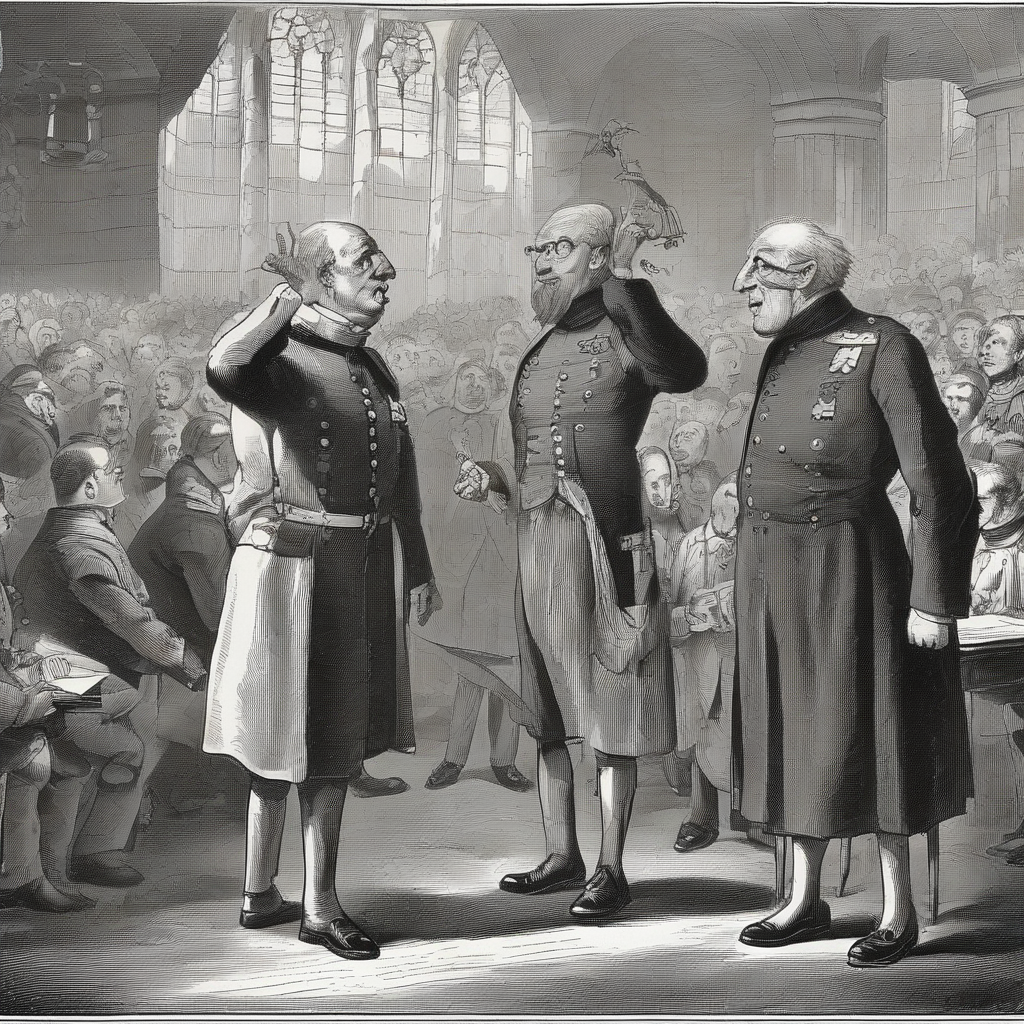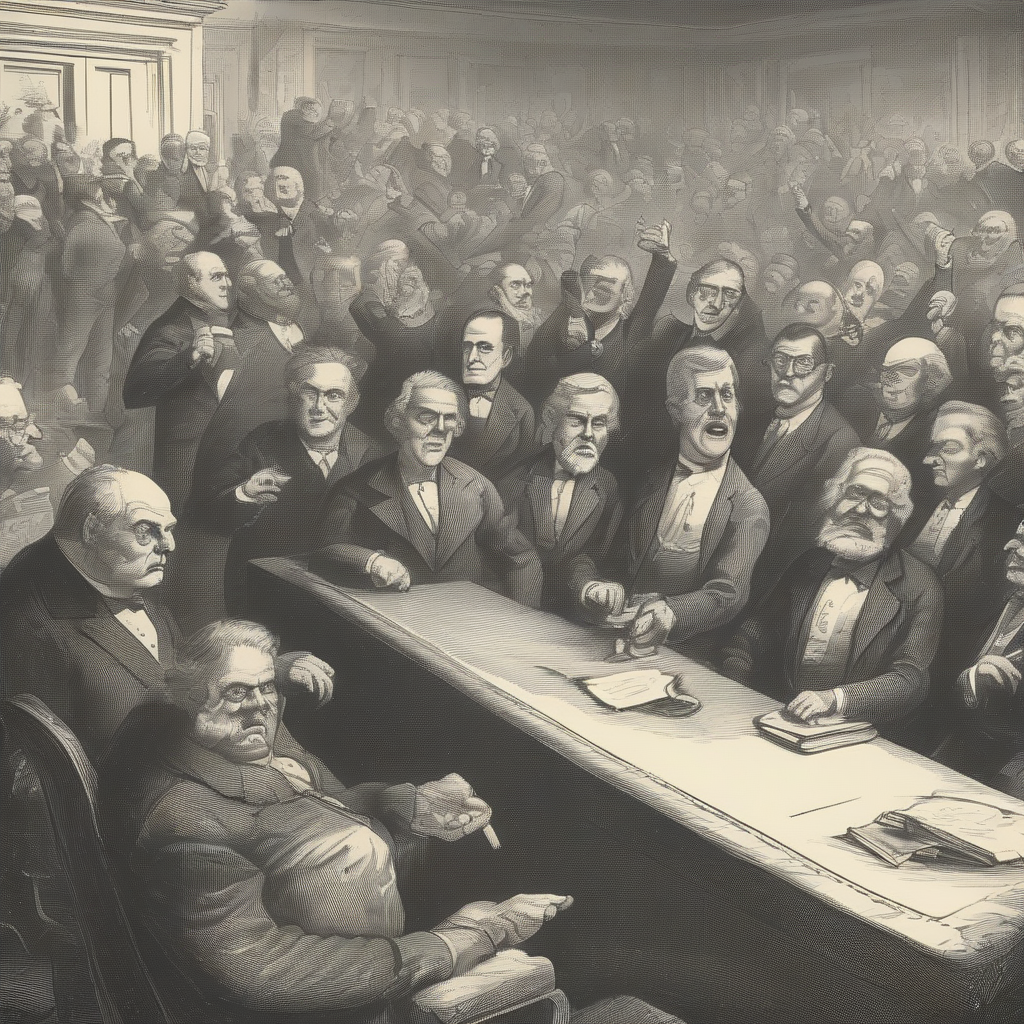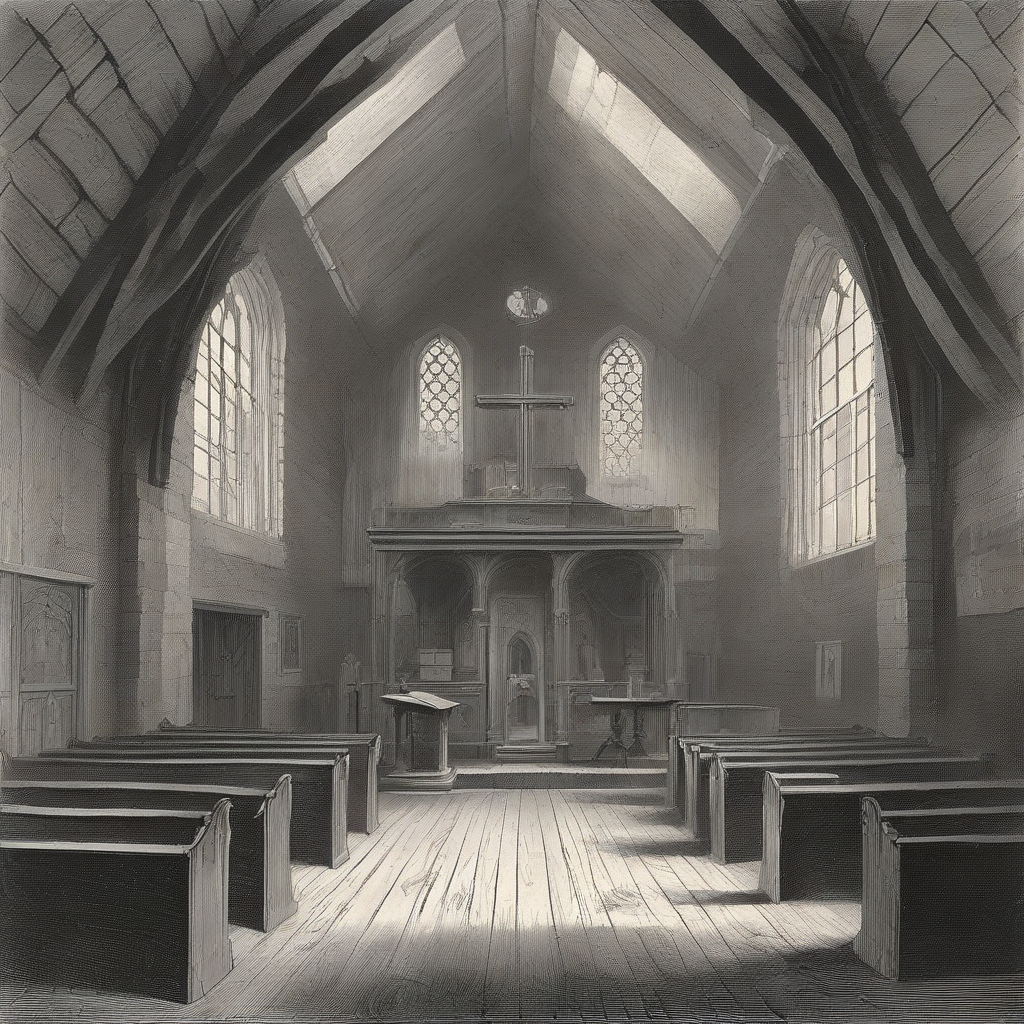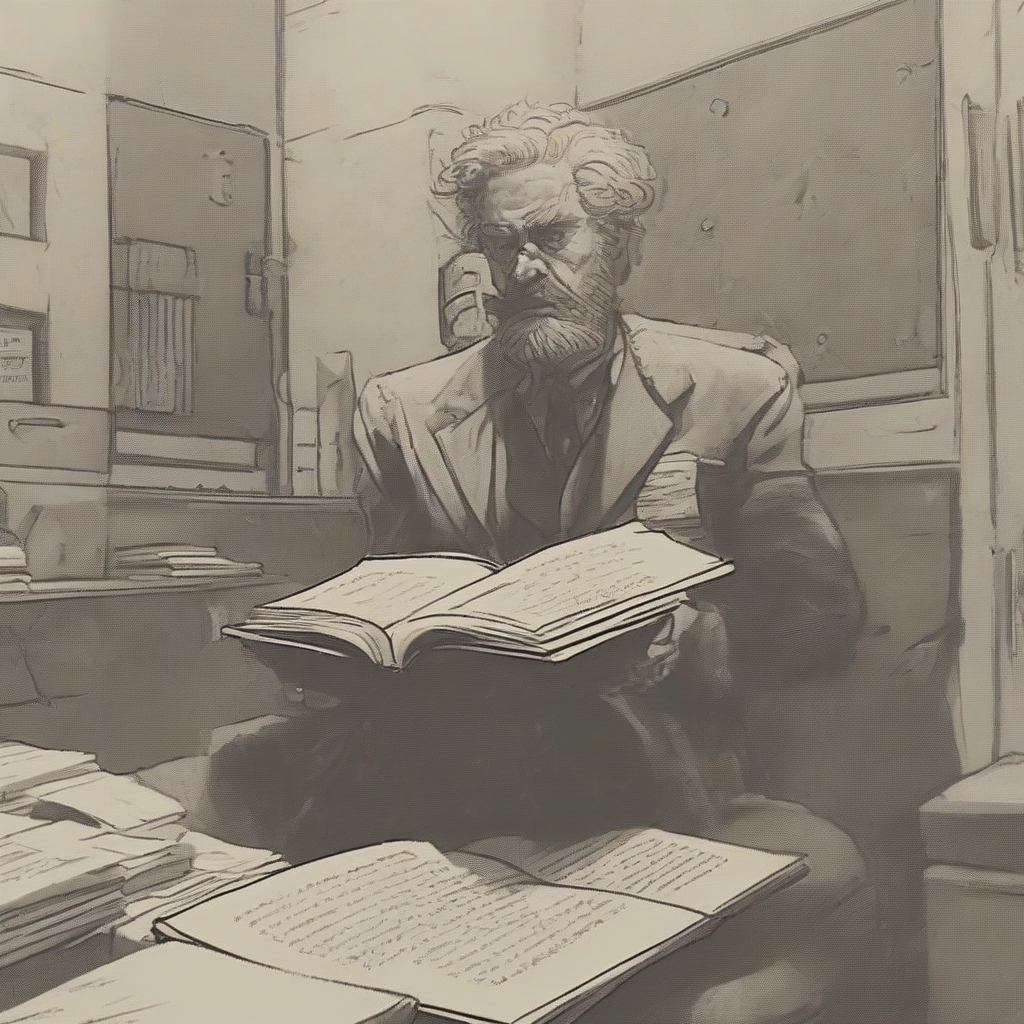Antidisestablishmentarianism: A Deep Dive into a Monstrous Word
Antidisestablishmentarianism. Just saying the word feels like a workout for the tongue. It's a linguistic behemoth, a 28-letter monster that often evokes amusement and bewilderment. But beyond its impressive length and challenging pronunciation lies a rich history and a fascinating glimpse into 19th-century British politics. This post will delve into the origins of this word, explore the political context that birthed it, and examine its enduring appeal in the modern era.

The Birth of a Giant: Understanding the Components
To truly grasp the meaning of "antidisestablishmentarianism," we must dissect its constituent parts. Let's break it down:
Establishment: In this context, "establishment" refers to the established Church of England's position as the official church of England. This meant it held a privileged position, receiving state funding and enjoying a close relationship with the government.
Disestablishment: This implies the removal of the Church of England's established status. Proponents of disestablishment argued for separating church and state, believing that the Church should not receive preferential treatment or be intertwined with government affairs. They advocated for a level playing field for all religious denominations.
Antidisestablishmentarianism: This, therefore, describes the opposition to the disestablishment of the Church of England. Those who held this view believed that the Church's established status was vital for the nation's moral and social fabric. They feared that disestablishment would lead to chaos, religious strife, and the decline of traditional values.
The word itself is a testament to the heated debates and strong opinions surrounding the issue. Its sheer length reflects the complexity of the arguments and the intensity of the emotions involved.

The Political Landscape of 19th-Century Britain
The 1860s and 1870s in Britain were a period of significant social and political upheaval. The Industrial Revolution had transformed the nation, leading to rapid urbanization, social stratification, and growing calls for reform. Religious fervor also played a significant role, with various dissenting groups challenging the authority of the Church of England.
The debate over disestablishment was largely centered in Wales, where Nonconformist denominations, such as Baptists, Methodists, and Presbyterians, were much stronger than the Church of England. These groups felt marginalized by the privileged position of the Anglican Church, and they actively campaigned for its disestablishment. They argued that it was unfair for the state to fund a church that represented only a portion of the population.
Conversely, supporters of the established church viewed disestablishment as a threat to social order and national identity. They argued that the Church played a crucial role in providing moral guidance, education, and social welfare. They feared that separating church and state would lead to a decline in religious observance and moral standards. The debates were often passionate and deeply divisive, reflecting the fundamental differences in religious beliefs, political ideologies, and social values.

The Word's Enduring Legacy
Although the Church of England remains established today, the word "antidisestablishmentarianism" endures as a testament to a significant period in British history. Its sheer length and unwieldiness have made it a linguistic curiosity, often cited as an example of the English language's capacity for complex and lengthy words.
Its continued use, particularly in quizzes and linguistic discussions, reflects its ability to encapsulate a complex political debate in a single, albeit unwieldy, word. It acts as a shorthand for a multifaceted historical event, serving as a reminder of the intense struggles over religious freedom and state power. The word's enduring presence in our lexicon is a tribute to the historical context it represents and its remarkable ability to capture the essence of a turbulent era.
Beyond the Political: Linguistic and Cultural Significance
The word's impact extends beyond its historical context. It has become a staple in discussions about the English language itself, serving as an example of the language's morphological flexibility. Its construction from multiple prefixes and suffixes demonstrates the capacity of English to form incredibly long and complex words. This has made it a popular word for tongue twisters and linguistic challenges, showcasing the playful and creative aspects of the language.
Furthermore, the word has found its way into popular culture. Its inclusion in various films, books, and other forms of media demonstrates its enduring fascination. It's a word that is both challenging and intriguing, holding a unique position in the cultural landscape.

The Ongoing Debate: Parallels in Modern Society
While the specific context of 19th-century British politics is unique, the underlying issues of the relationship between church and state, religious freedom, and the role of religion in public life remain relevant today. Many countries continue to grapple with these complex questions, making the historical debate surrounding disestablishment in Britain still pertinent. The word, therefore, serves not only as a historical artifact but also as a reminder of enduring societal challenges.
The length and complexity of "antidisestablishmentarianism" are a reflection of the intricacy of the political and religious debates surrounding the Church of England in 19th-century Britain. Its persistence in the modern lexicon is a testament to the lasting impact of those historical debates and to the English language's remarkable capacity for creating words that capture complex concepts with impressive precision. It serves as a fascinating study in both history and linguistics.